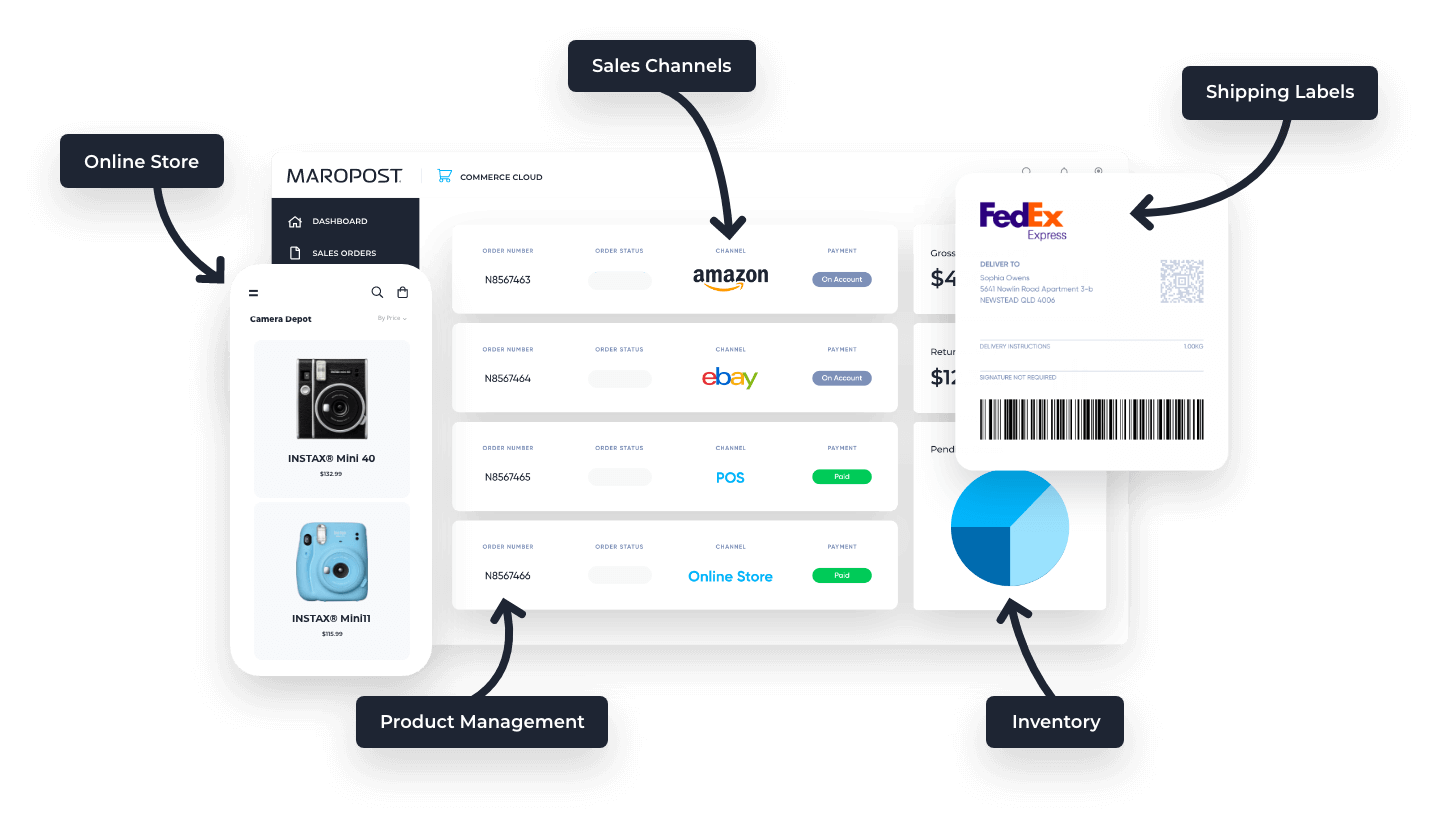Big announcements are being made by the largest mobile providers across the U.S. about the upcoming arrival of a 5G network. Slated to enter the market sometime in 2019 or 2020, 5G is already being pushed by players like Verizon, T-Mobile, and AT&T, who are all racing to be the first to debut to the U.S. market.
One of the major differentiators for 5G is that it’s set to be significantly faster than current network speeds, with speeds for a 5G network predicted to be 20x greater than 4G LTE.
By extension, information will be delivered at a much faster rate, which will have a huge impact on the rapidly expanding Internet of Things (IOT). These new network speeds will be at the centre of IoT essentials like 4K and 8K video streaming, drone delivery, smart robots, smart grids, smart cities and more.
Some of the boldest predictions for 5G come from industry experts Nokia CEO Rajeev Suri and Verizon Chief Network Officer Nikola Palmer. Suri says 5G technology is “the best wireless technological leap that’s ever happened in the history of the business”. While Palmer is quoted saying that 5G “has the potential to usher in the fourth industrial revolution—it’s that massive”.
5G phones on the other hand, will not become available to the public until the infrastructure is in place, which T-Mobile has planned for 30 U.S. cities by end of next year—with Sprint, AT&T, and Verizon announcing similar plans.
But what does this mean for marketers?
First, faster network speeds and loading times mean lower page load times, resulting in lower bounce rate, and increased CTR, Deliverability Rates, and ROI. With reduced page load times, Google’s algorithm—which weighs page rank based partially on load speed—is also likely to change. As most pages will load quickly, it won’t be as relevant a factor as it is currently.
5G Technology will also be able to provide faster data communication, meaning marketers can gain insights in real-time—to optimize campaigns as they run. A great example of the marketing potential of 5G comes from smart device data, which will allow marketers to deliver the most relevant content and increase ROI. Former R2integrated Co-Founder and CEO Matt Goddard has a great example of this when he proposed that “if a customer buys milk at the grocery store using their mobile wallet, the wallet tells the TV to not run milk ads later that day”.
From smart cities to smarter marketing campaigns, 5G means so much more than just faster network speeds. As this innovation enters the market, its applications are set to expand even further than what’s currently predicted, making it key for marketers to start adapting now. With more data and more adaptable campaigns, 5G will be an essential tool for all marketers in the coming years.
With all of the technological advances in 2018 it is crucial to not fall behind!
[sc name=”guide-DoingMoreWithData”]
Need to chat about your mobile marketing strategy?
More than 10,000 marketers use Maropost to engage with their prospects and customers through emails, SMS, social media and more. We’re here to help you grow your business!
Chat Now

